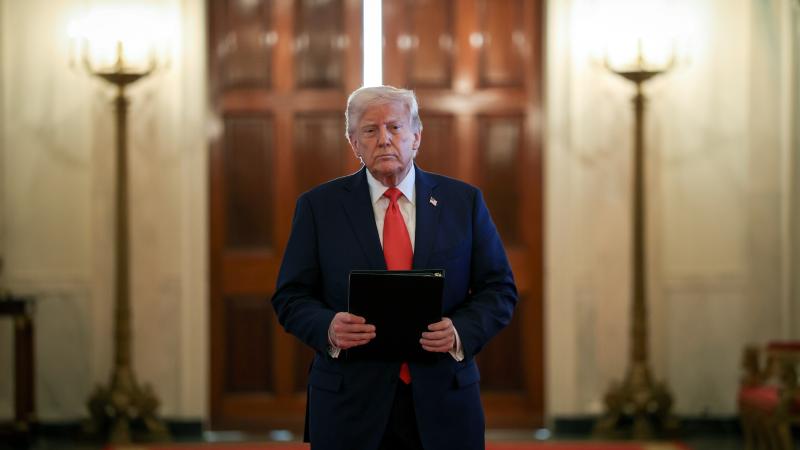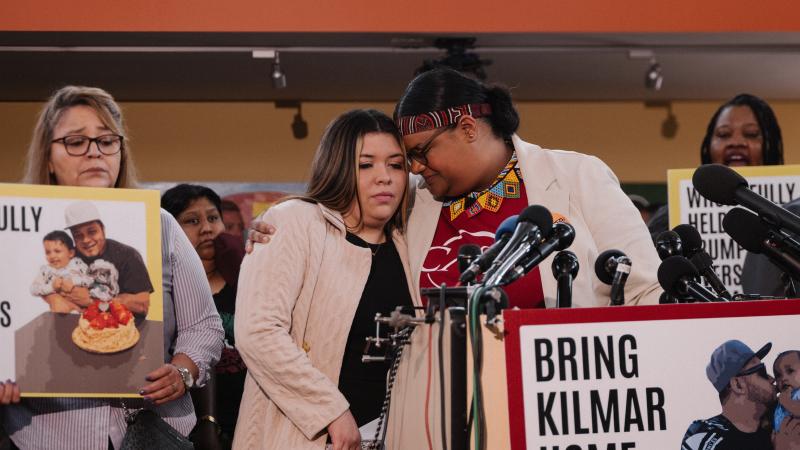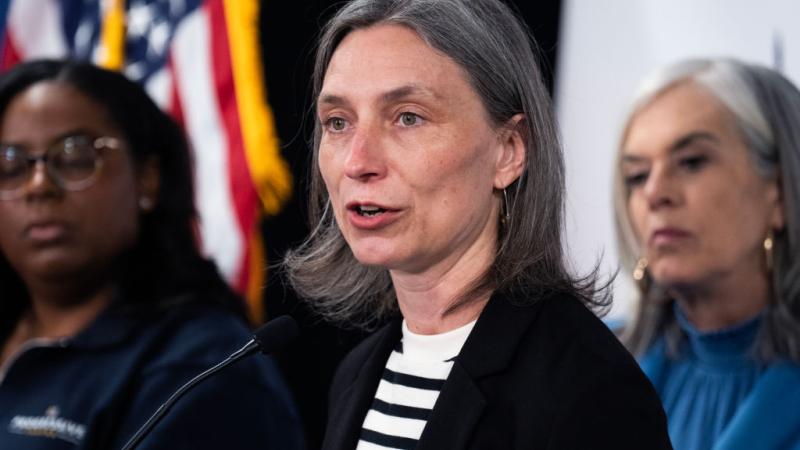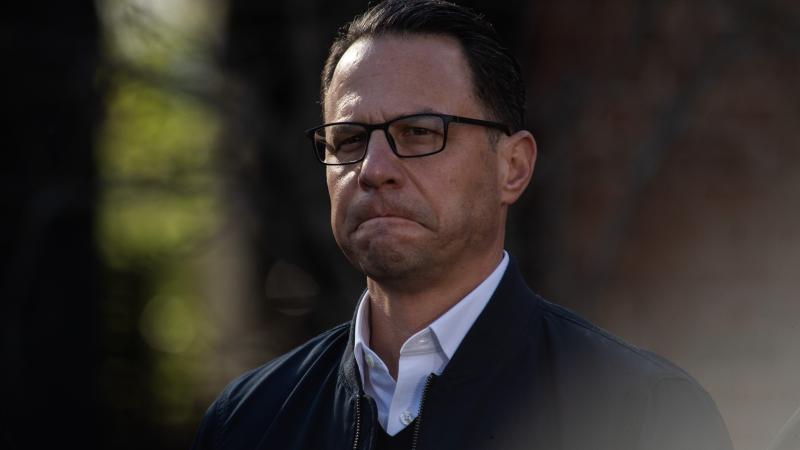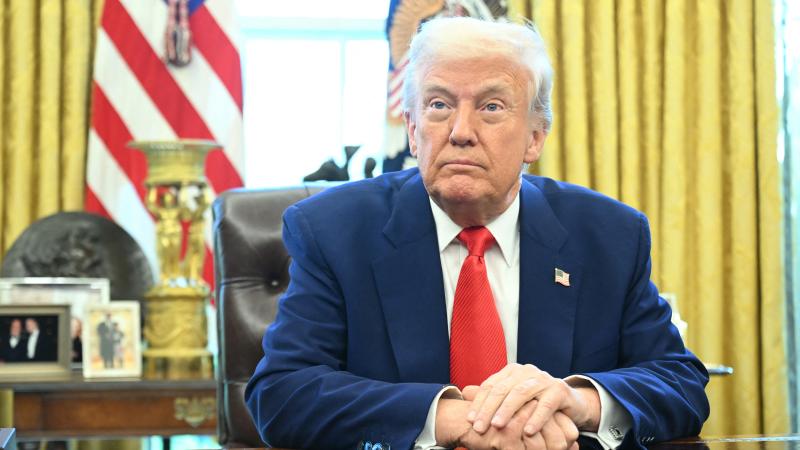Questions swirl around leaks that U.S. intelligence is helping Ukraine target Russian generals
President Joe Biden reportedly told three top cabinet officials on Friday to shut down any leaks from their respective shops.
Speculation within the security community continued to swirl over the weekend about the source and rationale for leaks indicating the U.S. has provided intelligence that has enabled Ukraine to kill Russian generals and sink a Russian warship.
"The overarching questions are what exactly was behind the reports, and next steps," a U.S. intelligence official told Just the News. "Was someone boasting, or were they trying to hurt or help — and what should be done about it."
A sensational report appeared May 4 in the New York Times, announcing, "U.S. Intelligence Is Helping Ukraine Kill Russian Generals, Officials Say."
The story began: "The United States has provided intelligence about Russian units that has allowed Ukrainians to target and kill many of the Russian generals who have died in action in the Ukraine war, according to senior American officials."
Although initial speculation centered around whether the White House divulged the information to reporters, President Joe Biden reportedly told three top cabinet officials on Friday to shut down any leaks from their respective shops. Biden reportedly decried the leaks as reckless in his conversations with CIA Director William Burns; DNI Avril Haines and Defense Secretary Lloyd Austin.
The Pentagon quickly weighed in, issuing a denial that also left the door open for interpretation.
"We do not provide intelligence on the location of senior military leaders on the battlefield or participate in the targeting decisions of the Ukrainian military," spokesman John Kirby told reporters last week. "Ukraine combines information that we and other partners provide with the intelligence that they themselves are gathering on the battlefield, and then they make their own decisions and they take their own actions."
Kirby said he would not specify the types of intelligence the Pentagon gave to Ukraine, but described the process as more akin to dropping hints or leaving trails of breadcrumbs.
"We do provide them useful intelligence, timely intelligence, that allows them to make decisions to better defend themselves against this invasion," Kirby stated. "And I think the less said about that, honestly, the better."
There likely is little doubt inside Moscow that the U.S. has helped Ukraine during the war, the intelligence official said; the problem with the leaks is that they come across "like we are spiking the football." The official currently works for a government intelligence agency, and spoke on the condition of anonymity.
The perception that the U.S. is "crowing" over the targeted generals and the sunken warship could anger an already aggressive Russian President Vladimir Putin, the official said. "Will he strike out? That's what we have to consider," the official said, noting that Putin may feel emboldened while going into May 9, when Moscow stages its annual World War II victory celebrations.
The Pentagon has hinted previously, though, that it has played a significant intelligence role in helping the Ukrainian war effort.
The Chairman of the Joint Chiefs of Staff, Gen. Mark Milley, last month boasted to lawmakers on Capitol Hill about secret operations in Ukraine.
"This war has arguably been the most successful intelligence operation in military history," Milley said April 5 while appearing before the House Armed Services Committee. "It's really tremendous, and someday that story will be told."
That day, according to Kirby, is not now.
"The Ukrainians have, quite frankly, a lot more information than we do," he said. "This is their country, their territory, and they have capable intelligence collection abilities of their own."


